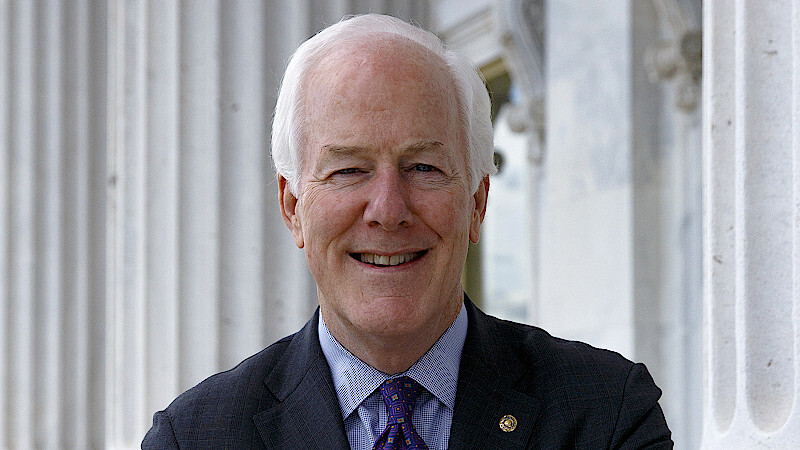WASHINGTON – On July 11, U.S. Senators John Cornyn (R-TX) and Catherine Cortez Masto (D-NV) introduced the Preventing the Financing of Illegal Synthetic Drugs Act, which would help the federal government financially stifle organizations that traffic synthetic drugs like fentanyl into the United States:
“Fentanyl is an unprecedented crisis that continues to take the lives of innocent children and adults across our country, and we must combat it at all levels,” said Sen. Cornyn. “This bill would help law enforcement better understand narcotrafficking organizations’ illegal financing and business models, which will increase our chances of defeating them and help save American lives.”
“Fentanyl, methamphetamines and other synthetic drugs are continuing to devastate Nevada communities, and we need to be able to go after the transnational criminal organizations profiting by bringing these drugs into our country,” said Sen. Cortez Masto. “Our bipartisan bill will prevent drug trafficking by getting us the information we need to crack down on the drug cartels financing these operations. I will always put Nevadans’ safety first and will keep working across the aisle to protect our communities.”
Background:
According to the Centers for Disease Control and Prevention, nearly 108,000 people in the United States died from drug overdoses or drug poisonings in the 12-month period ending January 2022, with 67% of those deaths involving synthetic opioids like fentanyl.
The Preventing the Financing of Illegal Synthetic Drugs Act would direct the Comptroller General of the United States (GAO) to study the illicit financing associated with synthetic drug trafficking and detail for Congress the business model of these organizations, how they move and hide their illicit earnings, and what the U.S. government can do to better prevent fentanyl money laundering. The GAO is required to submit its report to Congress no later than one year after enactment of the legislation.
Original source can be found here.





